- Overview
- Symptoms
- Risks, Prevention & Screening
- Tests & Diagnosis
- Types
- Your Breast Cancer Care Team
- Treatment
- Living With Breast Cancer
- Remission & Recurrence
- Advanced Breast Cancer
- Support & Resources
- Appointment Prep
- View Full Guide
Managing Side Effects of Metastatic Breast Cancer Treatment


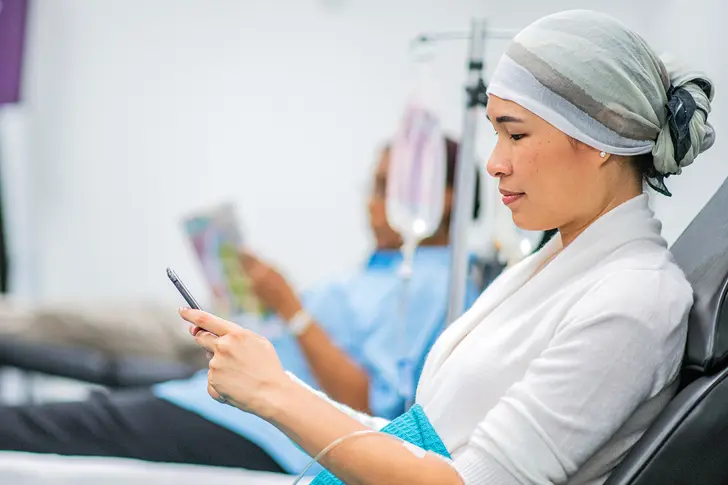
When you're in treatment for metastatic breast cancer (MBC), it's completely normal to have side effects. They can vary widely, depending on the type of treatment you're getting – whether it’s chemotherapy, targeted therapy, hormonal therapy, immunotherapy, or a combination. Part of your care team’s role in your treatment plan is helping you manage these side effects.

Diarrhea
Chemotherapy commonly causes diarrhea because it can damage healthy cells in your body, including those that line your gut. But some targeted therapies can cause it, too. Some common offenders are abemaciclib (Verzenio), alpelisib (Piqray), lapatinib (Tykerb), and sacituzumab govitecan (Trodelvy). If you’re taking a combination of medications, that may make diarrhea worse.

Managing Diarrhea
You can work to ease mild to moderate diarrhea with certain practices. Keeping your fluid intake up with water and broths, eating smaller meals with bland foods, and watching your fiber intake may help to ease your symptoms. Your doctor may prescribe medications like a combination of diphenoxylate and atropine (Lomotil) or loperamide (Imodium). You can also ask your doctor if a dose change of your medication might help.
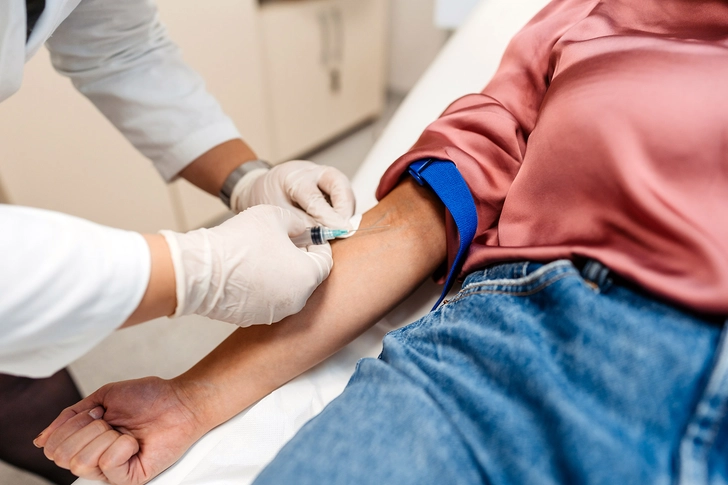
When to Get Help for Diarrhea
If your diarrhea is severe (seven or more watery bowel movements than normal a day), this can be life-threatening. You may need hospital treatment to replace fluids with an IV. You should tell your doctor about diarrhea, because it can also be a sign of an infection. Your doctor may test your stool and blood for more information about your diarrhea and how to best treat it.

Nausea and Vomiting
Nausea (feeling like you need to vomit) and vomiting are very common side effects of most types of cancer treatments: chemotherapy, radiation, targeted therapies, and immunotherapies. You might have it at any point in treatment, even before treatment begins and after it ends. But you can also get nausea and vomiting from cancer that’s spread to certain parts of your body, like your bones, your brain, or your abdomen (belly area).

Managing Nausea and Vomiting With Medication
Nausea and vomiting happen through different types of pathways in your body, and medications that treat them address different parts of this pathway. Your doctor may prescribe drugs that block certain chemicals (dopamine, serotonin) or proteins (NK-1 receptors) in the brain that trigger nausea and vomiting. Or you may take antipsychotics, benzodiazepines, steroids, or even cannabinoids, which have tetrahydrocannabinol (THC), the active compound in marijuana.
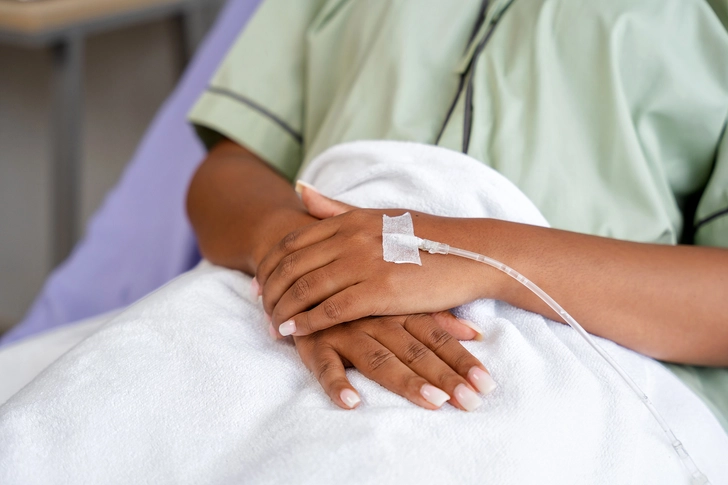
Treatments that Need Preventive Nausea Treatment

Managing Nausea and Vomiting at Home
You can help ease some nausea through diet choices. Eat small meals more often, keep drinks at room temperature, and don’t drink and eat at the same time. Avoid spicy or greasy foods, or foods with strong odors. Wait an hour after any treatment before eating. Ask your doctor before trying any kind of supplement for nausea.

Other Tips to Help With Your Nausea
Some complementary therapies may help relieve nausea. Acupuncture and acupressure may help with nausea as you’re having it. Guided imagery and progressive muscle relaxation can help with nausea you feel before treatment. For some people, hypnosis may work. Keep a diary to better understand what makes nausea better and what helps.
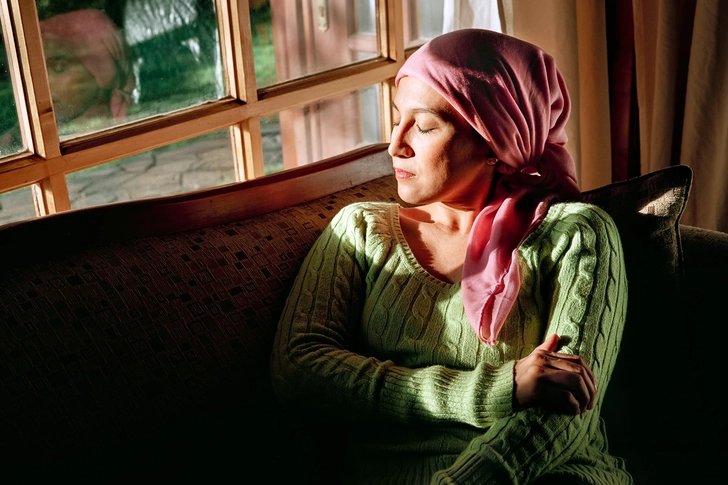
Fatigue
Fatigue caused by cancer treatment is a feeling of heavy tiredness, and not just physically – emotional and mental fatigue are also common. Cancer-related fatigue doesn’t usually get better when you sleep. Chemotherapy can cause fatigue a day after you start treatment. Immunotherapy and radiation fatigue happen after a few weeks into treatment. Studies show about 65% of people with cancer have fatigue, either from treatment or the cancer itself.

Managing Fatigue
You may need medications – possibly ones to manage pain – to ease some of your fatigue. Daily exercise like walking, yoga, or water exercises can help give you a boost. Be sure to eat enough nutritious food, save your energy for the most important parts of your day, and consider seeing a counselor to manage your emotions.
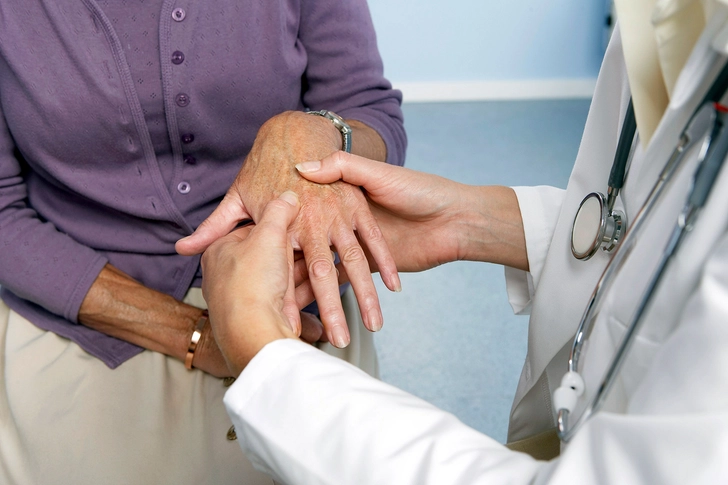
Neuropathy
Chemotherapy, radiation, and some surgeries for cancer can sometimes cause damage to nerves outside your brain and spinal cord. This makes you feel tingling, numbness, and pain usually in your hands and feet.
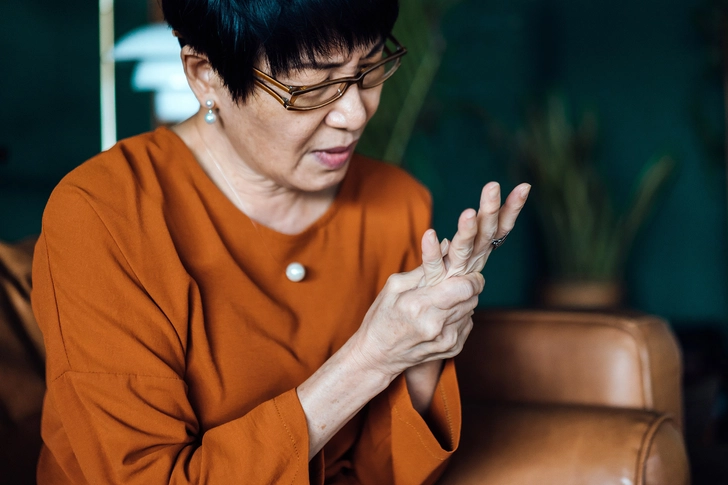
What Does Neuropathy Feel Like?
Neuropathy has stages from 1 to 4, with 1 meaning you notice numbness some of the time and 4 meaning you have total numbness that affects your ability to walk and may lead to complications and amputation. If your doctor can help you prevent nerve damage early, you can avoid progressing to later stages.

Managing Neuropathy
Doctors can’t cure neuropathy, but some medications such as anticonvulsants, antidepressants, opioids, or topical creams or gels can help keep it from getting worse. Your doctor may also adjust your treatment dose. Physical therapy, transcutaneous electrical nerve stimulation (TENS), acupuncture, or massage may also help relieve pain.
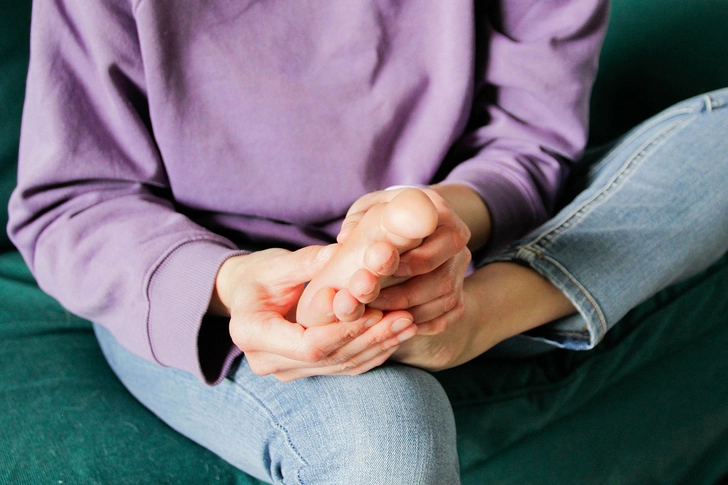
Hand-Foot Syndrome
Hand-foot syndrome is a condition that causes redness, swelling, and pain on the palms of your hands and soles of your feet. It may look and feel like you have a sunburn in those areas. Chemotherapies that most commonly cause hand-foot syndrome include capecitabine, docetaxel, 5-fluorouracil, and pegylated liposomal doxorubicin (PLD).
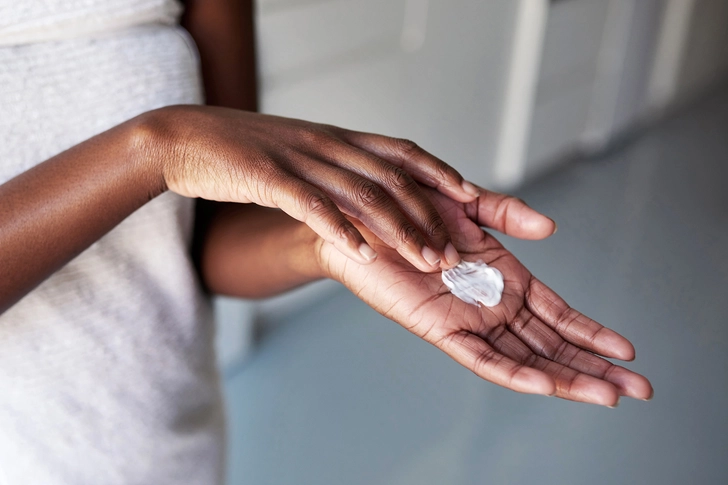
Managing Hand-Foot Syndrome
Your doctor may change your chemotherapy dose if your symptoms are severe, or they may prescribe medications. Studies show that a topical cream called diclofenac (Voltaren) can prevent hand-foot syndrome in some cases. Corticosteroid creams can help reduce swelling, and moisturizing lotions can help with cracking and protect your skin. Steer clear of hot water on your skin, put ice packs on your hands and feet, wear loose clothing, and elevate your hands and feet when you can.
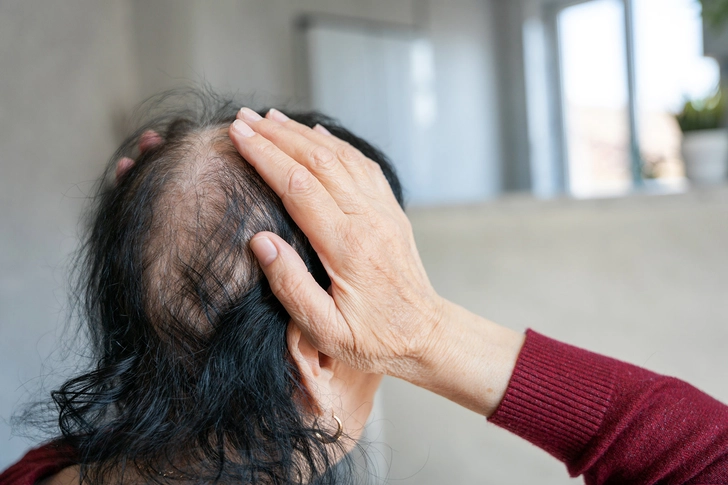
Hair Loss
Most hair loss happens because of chemotherapy treatments, but radiation can also cause hair loss in the places targeted by the radiation. Not all chemotherapy causes hair loss. Hair loss that happens typically begins about three weeks after you start treatment.
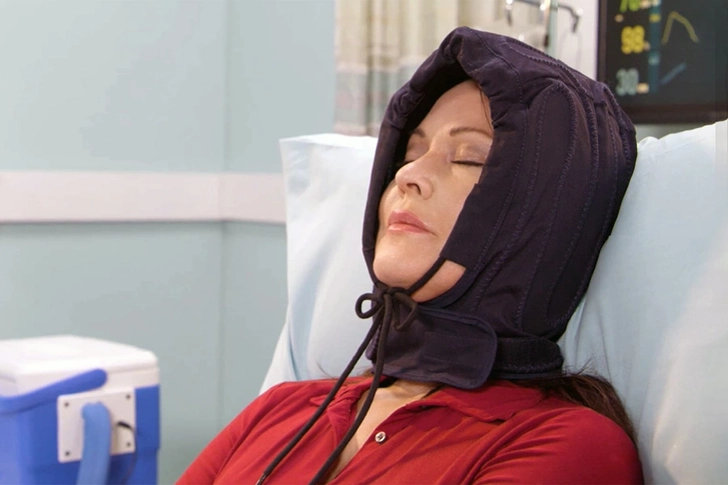
Managing Hair Loss
For some people, a cold cap that reduces blood flow to the scalp can slow down or prevent hair loss. If you do lose your hair, it usually grows back after you stop chemotherapy, although in rare cases it can be permanent. Many people choose to wear wigs, scarves, hats, or other head coverings. Some research shows that minoxidil (Rogaine) can help hair grow back faster after chemotherapy. Talk to your doctor before trying a supplement – some can have a negative effect on your cancer or treatment.

Menopausal Symptoms
Treatment for breast cancer often makes your period stop, either temporarily or for good. The hormonal changes that happen as a result cause symptoms like hot flashes, trouble sleeping, memory issues, dryness during sex or less sexual desire, and mood changes. The symptoms of sudden menopause are often worse than menopause that happens naturally. Menopause symptoms can last for years but do tend to get better eventually.

Managing Menopausal Symptoms
One common treatment for menopausal symptoms is hormone replacement therapy (HRT), but doctors don’t typically prescribe this in people with breast cancer because of the risk that it will make the cancer come back. Some low-dose antidepressants may help with hot flashes and mood swings. You can also add more soy and flaxseed to your diet, use lubrication during sex, and wear loose, moisture-wicking clothes in layers to manage temperature changes.
IMAGES PROVIDED BY:
- E+/Getty Images
- iStock/Getty Images
- Moment/Getty Images
- E+/Getty Images
- iStock/Getty Images
- Tetra Images/Getty Images
- Moment/Getty Images
- iStock/Getty Images
- Brand X Pictures/Getty Images
- E+/Getty Images
- E+/Getty Images
- E+/Getty Images
- Moment/Getty Images
- iStock/Getty Images
- Lucid Smog/Getty Images
- E+/Getty Images
- Moment/Getty Images
- WebMD
- iStock/Getty Images
- EyeEm/Getty Images
SOURCES:
Breast Cancer Network Australia: "Diarrhoea."
Living Beyond Breast Cancer: "Diarrhea," "Breast cancer and hair loss."
Cancer Research UK: "Causes of diarrhoea," "What is cancer fatigue?" "Managing and treating cancer fatigue," "Menopausal symptoms and cancer treatment."
National Cancer Institute: "Diarrhea and Cancer Treatment," "Nausea and Vomiting and Cancer Treatment."
American Cancer Society: "Medicines Used to Treat Nausea and Vomiting," "Cancer-related Fatigue," "Hand-Foot Syndrome."
Canadian Cancer Society: "Nausea and vomiting."
MD Anderson Cancer Center: "Peripheral Neuropathy & Chemotherapy," "Hair loss after chemotherapy: 10 things to know," "7 things to know about menopause and breast cancer."
Cleveland Clinic: "Hand-Foot Syndrome."
Journal of Clinical Oncology: "Topical Diclofenac for Prevention of Capecitabine-Associated Hand-Foot Syndrome: A Double-Blind Randomized Controlled Trial."
UCSF Health: "Menopause and Breast Cancer."